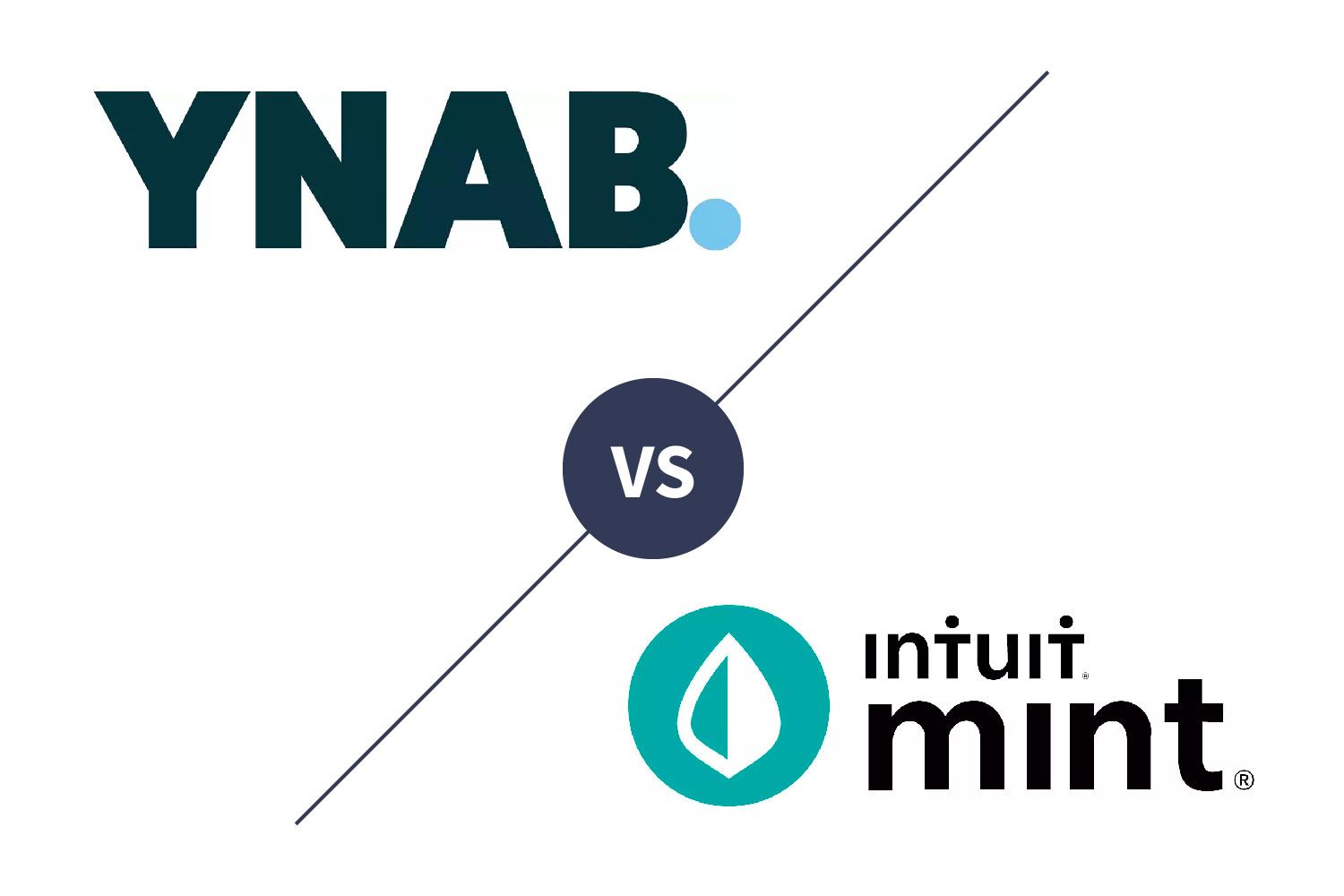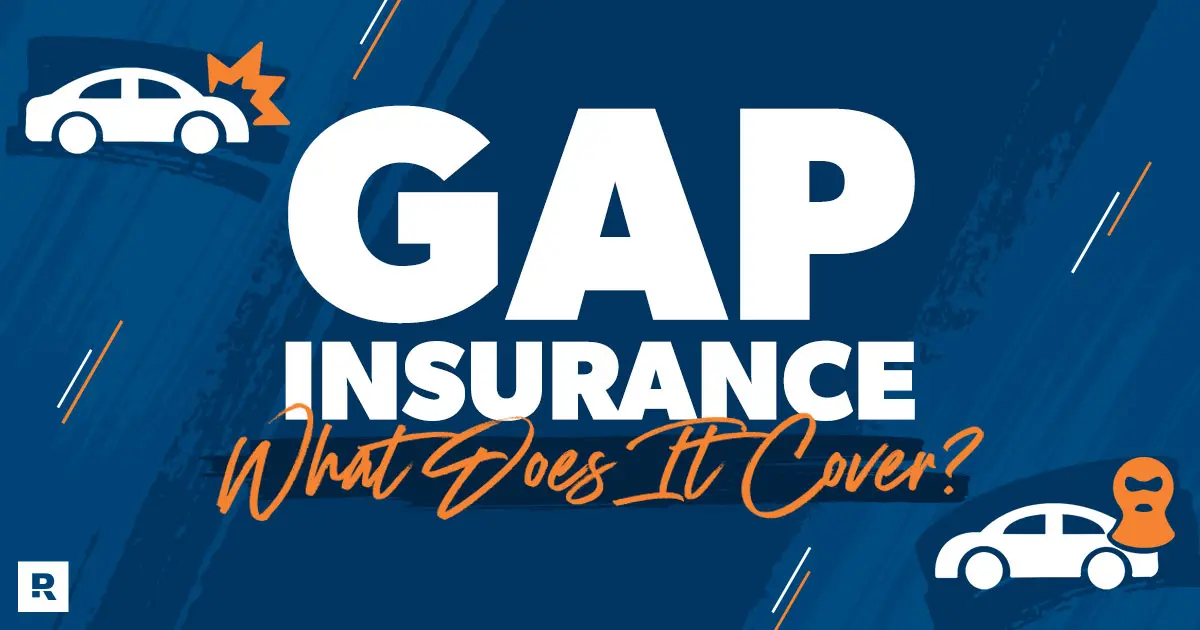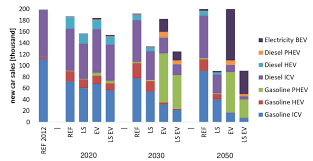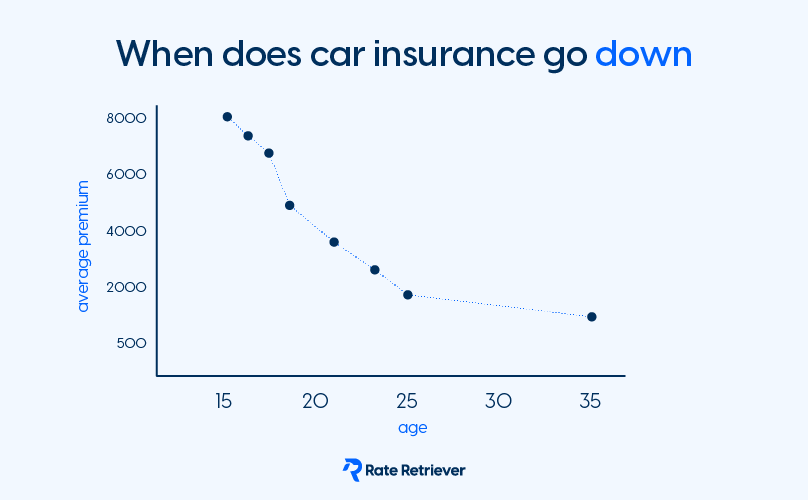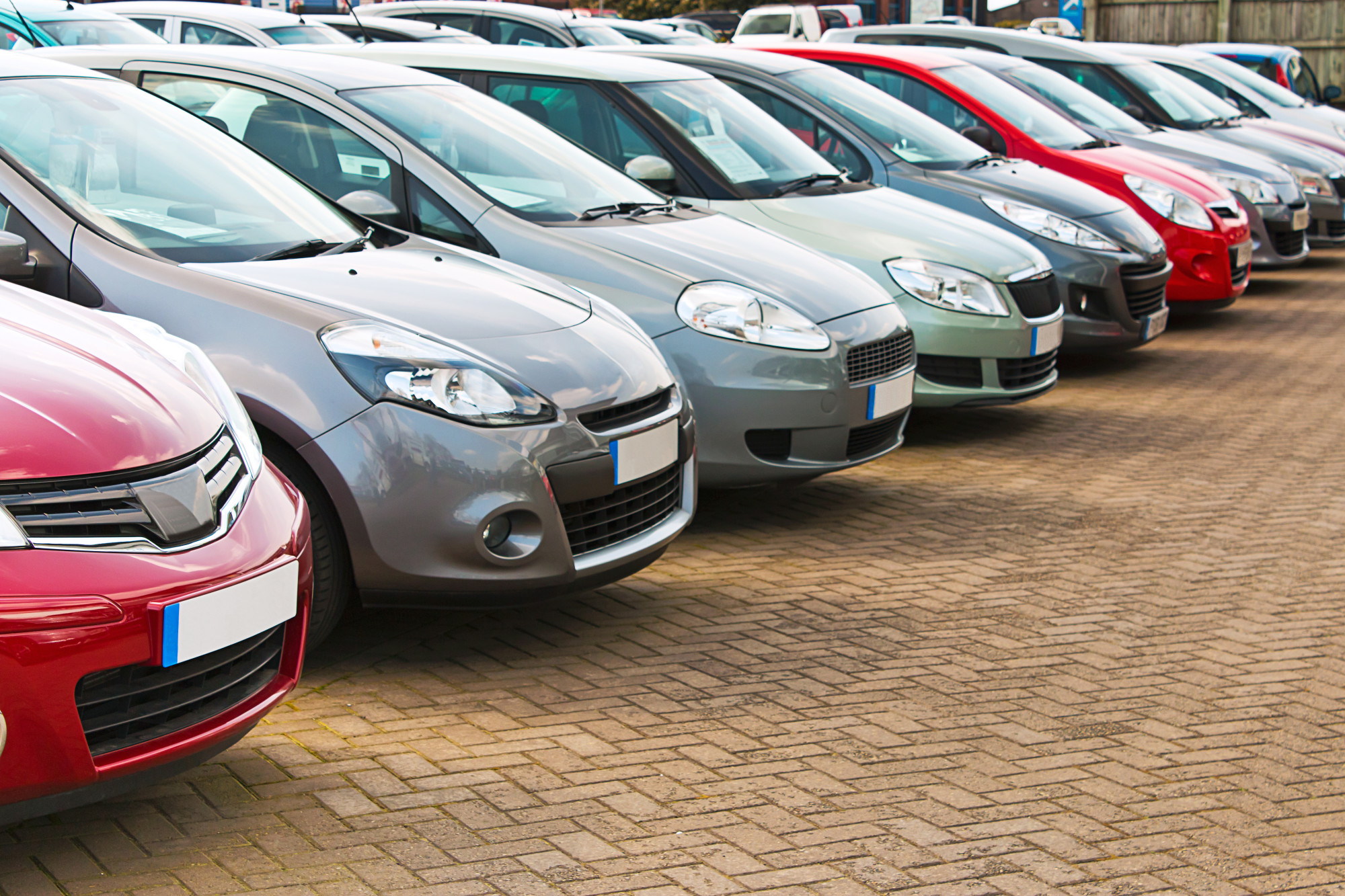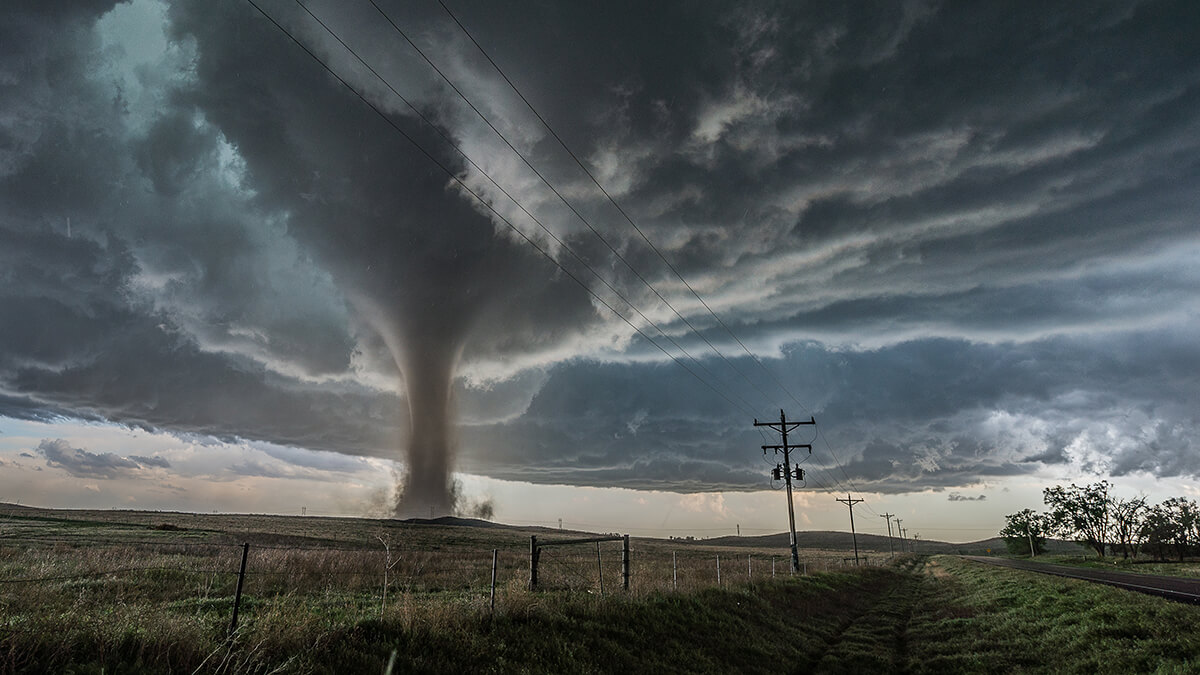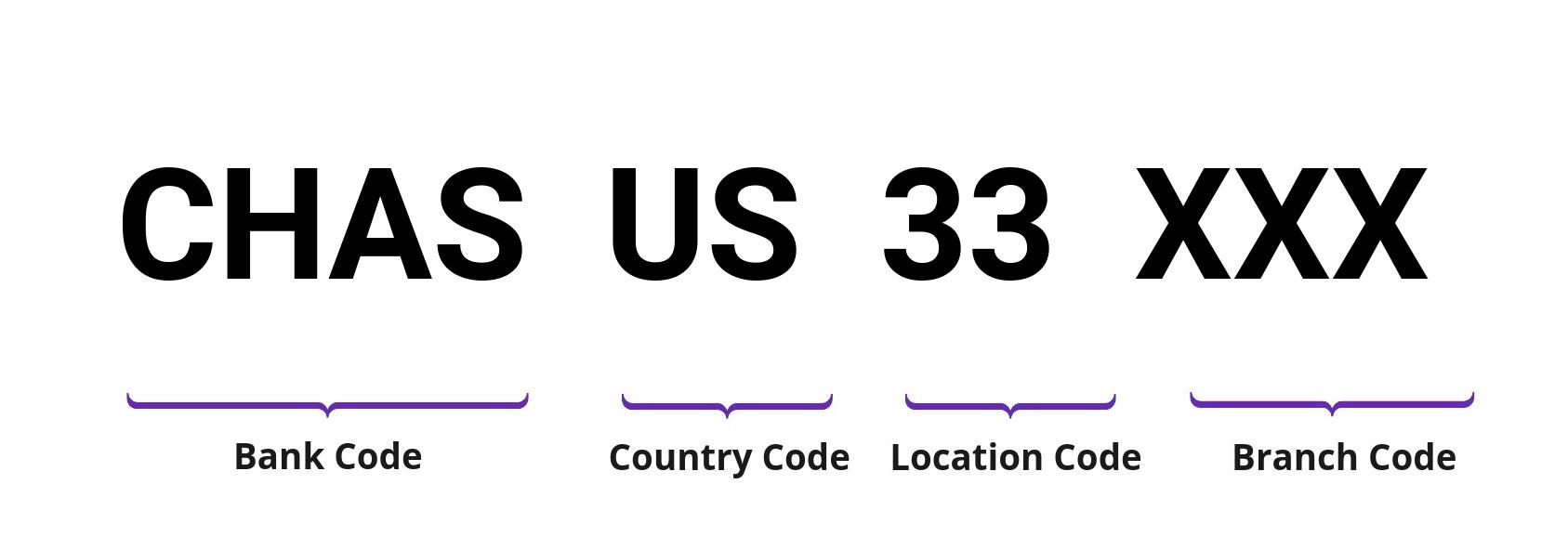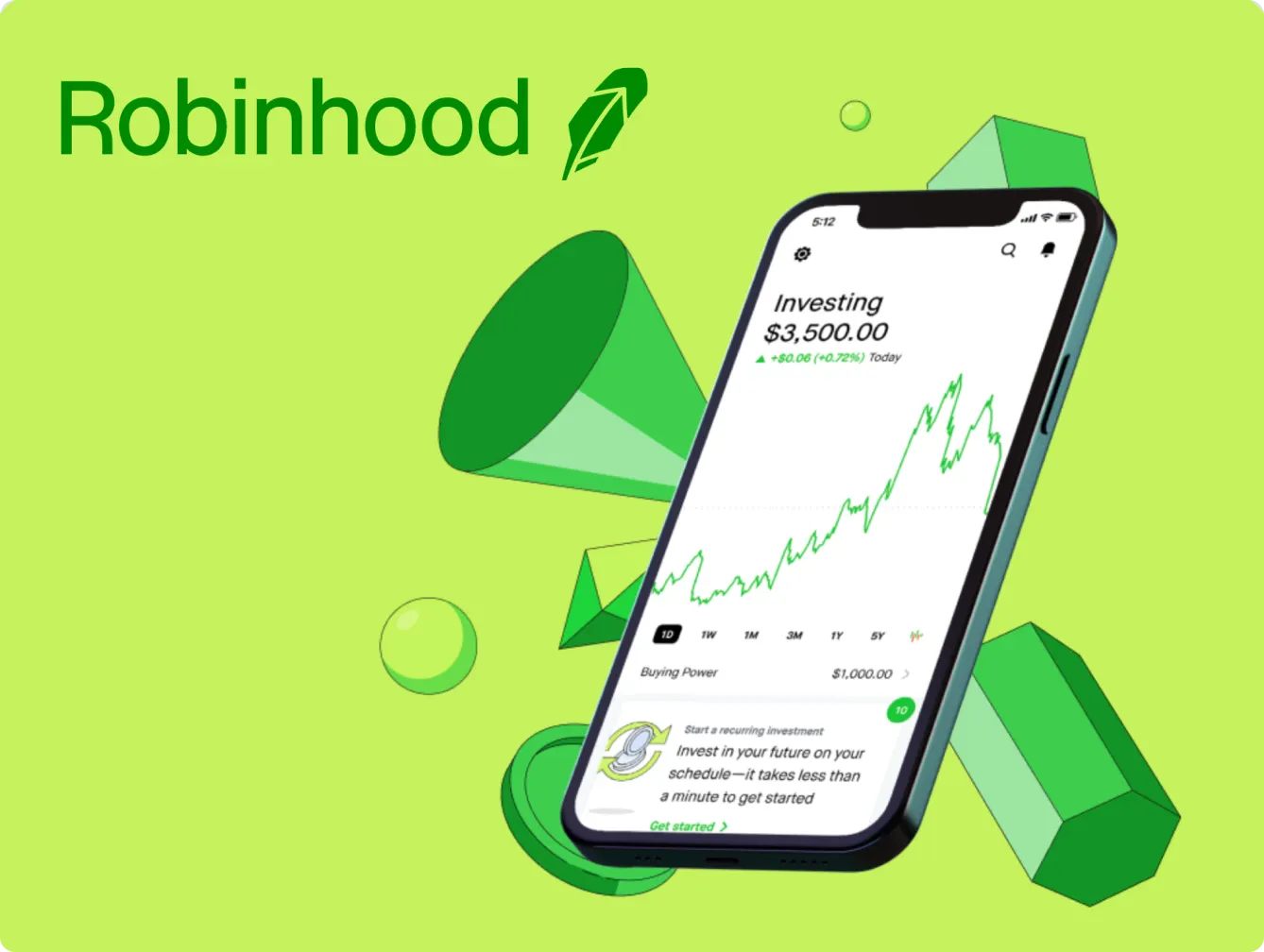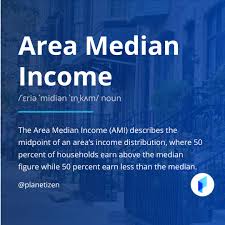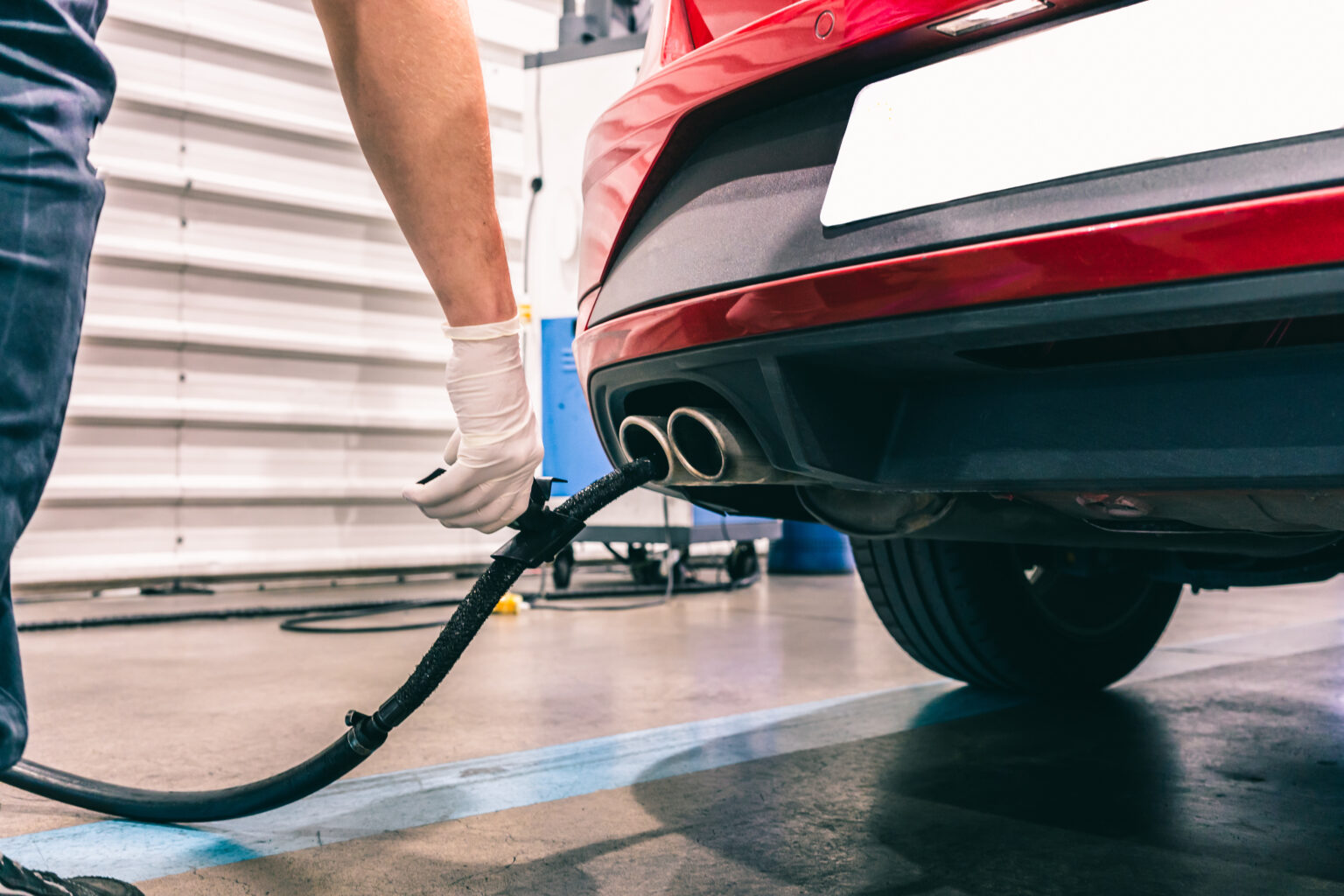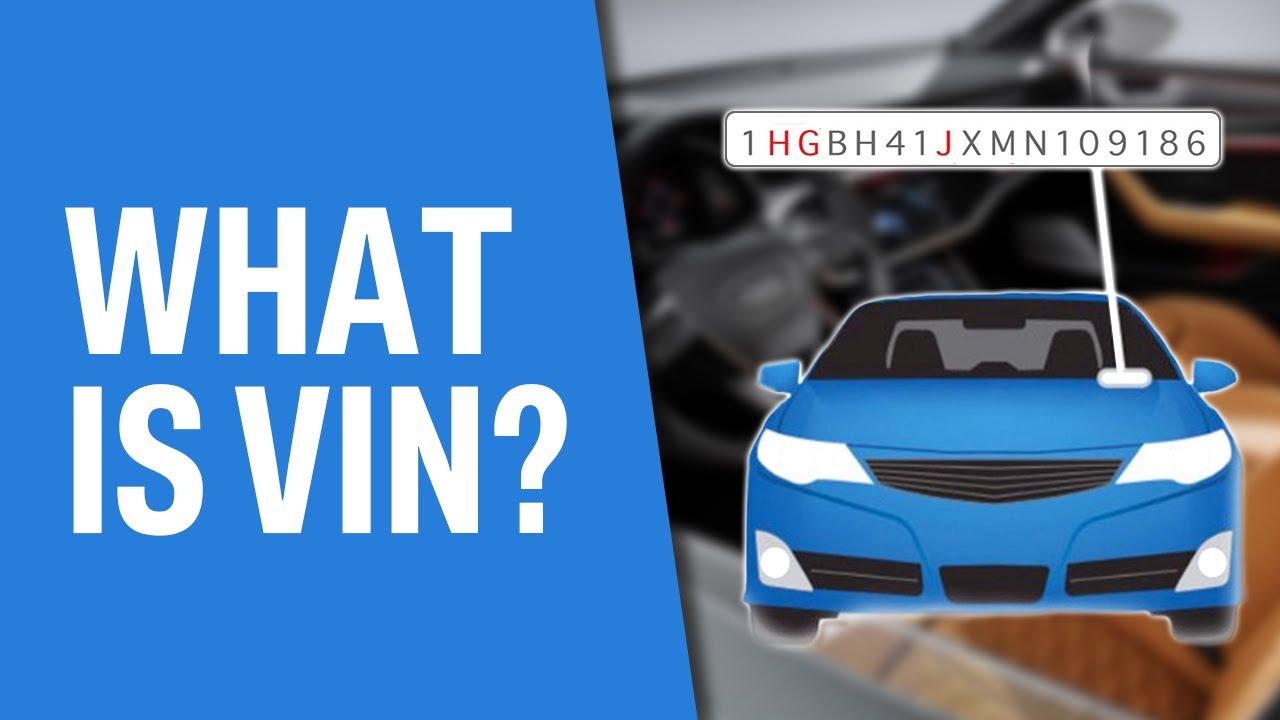Have you ever stood at the gas pump, staring at the different fuel options, and wondered, “Is premium gas really worth it?” You’re not alone. Understanding the difference between regular and premium gas can save you money and help your car perform at its best.
What Is the Difference Between Regular and Premium Gas?
The main difference between regular gas and premium gas is the octane rating, which affects engine performance. Premium gas, also called high-octane fuel, typically has an octane rating of 91 to 94. Regular gas usually has an 87 rating, while midgrade falls in the 88-90 range.
Premium gas can enhance performance in specific engines, but it doesn’t necessarily improve fuel efficiency. In most everyday vehicles, regular gas is perfectly adequate.
What Is Premium Gas?
Premium gas is designed for high-performance engines that require a higher octane rating. Higher octane fuel is more resistant to spontaneous combustion, which can prevent engine knocking—a sound that indicates fuel is detonating too early inside the engine. Premium gas may also contain superior additives that help keep engines cleaner and running smoothly.
However, if your car is built for regular gas, using premium won’t make your vehicle faster or more fuel-efficient.
Learn more about fuel types and engine performance from AAA.
What Is Regular Gas?
Regular gas typically has an 87-octane rating. The octane number measures how stable the fuel is under compression. Most cars on the road today are designed to run efficiently on regular gas, making it the most commonly used fuel.
Does Higher Octane Gas Last Longer?
Not really. Using premium gas in a standard engine won’t give you better fuel efficiency. Any perceived improvement comes from engines designed to take advantage of high-octane fuel, not the fuel itself.
Does Premium Gas Improve Gas Mileage?
If your vehicle requires premium gas, it can offer better fuel efficiency and lower emissions. Cars with turbochargers or high-compression engines, such as luxury and performance vehicles, benefit from premium fuel’s resistance to knocking. This allows for smoother acceleration and optimal performance.
Always check your owner’s manual for the recommended fuel type for your car. Premium fuel may also be labeled differently depending on your state or gas station, sometimes called Super Premium, Ultra, or Ultimate.
Cars That Require Premium Gas
Some vehicles explicitly require premium gas, indicated inside the fuel filler door and in the owner’s manual. Here’s a quick list:
Turbocharged Cars:
- Chevrolet Camaro
- Chevrolet Corvette
- Subaru WRX
- Toyota Supra
- Kia Stinger
Luxury Cars:
- Audi A3
- Cadillac XT5
- Lexus ES
- Lincoln Aviator
- Range Rover Sport
If your car’s manual recommends premium but doesn’t require it, you can still use regular gas without causing damage, though you may not get maximum performance.
What Happens If You Use Premium Gas Instead of Regular?
Using premium gas in a car that runs on regular gas won’t harm your engine, but it won’t improve performance either. The main downside is cost—you’ll be paying more without any tangible benefits.
Does Insurance Cover Damage From Using the Wrong Fuel?
Typically, auto insurance does not cover damage caused by using the wrong fuel. If this happens, stop driving immediately and call a tow service. Take your car to a mechanic to flush and drain the system to prevent damage.
Key Takeaways
- Premium gas may enhance performance in high-performance engines but doesn’t necessarily improve fuel efficiency.
- Always use the fuel type recommended by your car’s manufacturer.
- Using premium gas in a regular engine is safe but not cost-effective.
- Check your owner’s manual for fuel recommendations.
Understanding your car’s fuel needs ensures you get the best performance without wasting money.
